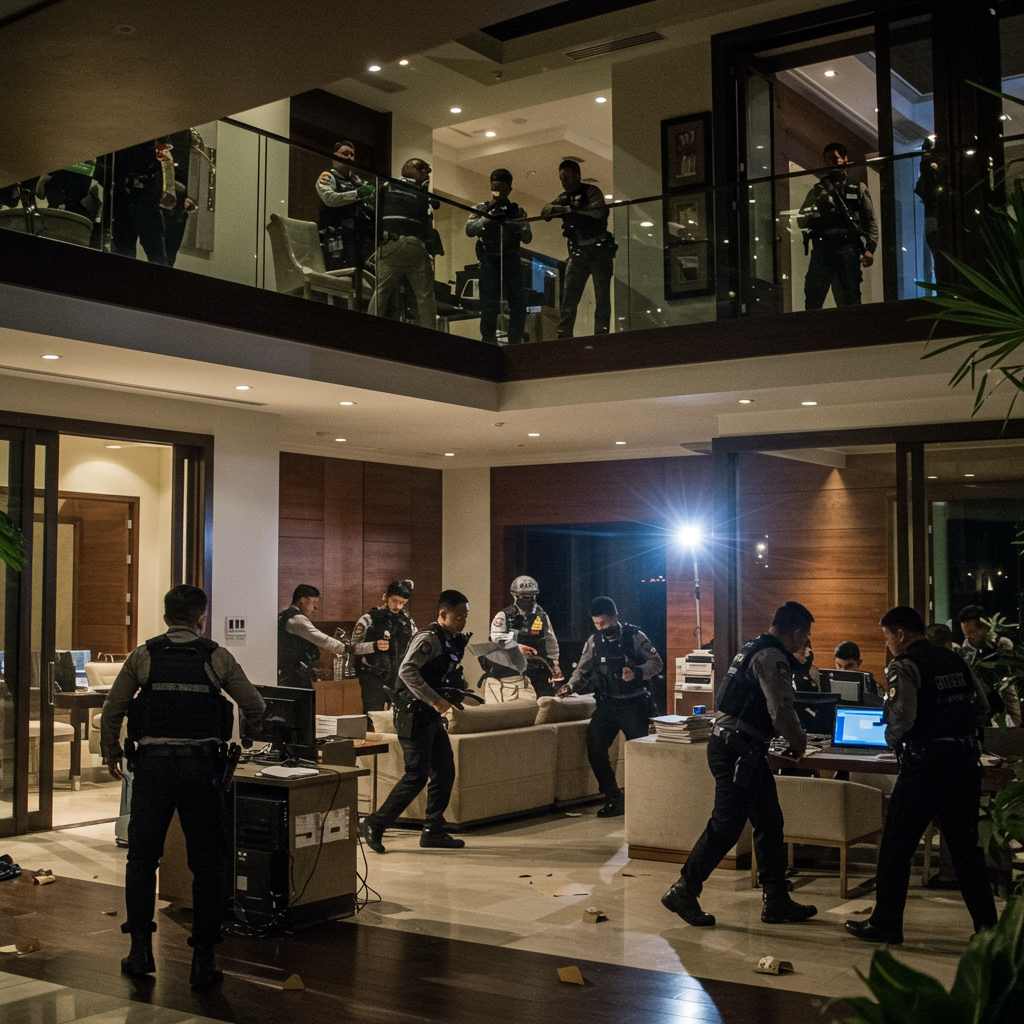US President Donald Trump abruptly cut short his participation in the G7 summit in Kananaskis, Canada, returning to Washington D.C. early to confront the rapidly escalating conflict between Israel and Iran.
The unexpected departure significantly overshadowed the final day of the international gathering. While host Canadian Prime Minister Mark Carney stated he “fully understands why” Trump needed to leave, the move forced the cancellation of planned bilateral meetings with leaders including Ukrainian President Volodymyr Zelenskyy and Mexican President Claudia Sheinbaum. Trump also skipped a scheduled press conference.
French President Emmanuel Macron initially suggested Trump’s early exit was aimed at working on a potential ceasefire between the warring nations. However, Trump later denied this claim on social media, stating his reason was “Much bigger than that,” tied to the urgent need to brief his national security council in Washington.
Middle East Crisis Takes Center Stage
The decision to return to the White House comes as the conflict between Israel and Iran reaches a critical point. Recent days have seen intense military action, including reported Israeli strikes that killed senior Iranian military officials and targeted strategic sites like missile launchers and radar installations in western Iran. Iran has retaliated with waves of missile attacks aimed at Israeli cities, triggering widespread sirens across the country, including Tel Aviv and Jerusalem. While Israel’s defensive systems have demonstrated a high interception rate (estimated around 95% for ballistic missiles), some missiles have reportedly breached defenses.
The situation within Iran is described as tense, with reports of evacuation warnings issued in Tehran, leading to significant traffic congestion out of the capital and closures of shops in central areas.
US Stance and Military Options
A senior White House official confirmed that President Trump would meet “very soon” with his national security advisers in the Situation Room. The official added that potential US strikes on targets inside Iran, including nuclear facilities, are “on the table.”
President Trump has issued strong warnings to Iran amidst the crisis. He asserted the U.S. now has “complete and total control of the skies over Iran” due to superior technology and even claimed the U.S. knows the whereabouts of Supreme Leader Ayatollah Ali Khamenei, calling him an “easy target,” though adding the U.S. would not target him “at least not for now.” However, Trump cautioned that U.S. patience was “wearing thin” regarding Iranian missile attacks targeting civilians and American soldiers. He also declared that Iran “is not winning this war” and should seek talks immediately “before it’s too late,” referencing a past failed negotiation period.
Adding to the posture, the Pentagon is reportedly relocating additional fighter jets (F-16, F-22, F-35) to the Middle East and extending deployments of existing air assets, described primarily as defensive measures. The USS Nimitz carrier strike group is also heading to the region ahead of schedule. While White House and Pentagon officials have downplayed suggestions of immediate offensive U.S. military action, stressing a defensive stance, US Vice-President JD Vance reportedly suggested Trump “may decide he needs to take further action” regarding Iran’s nuclear program.
International Reactions and Diplomacy
The escalating conflict dominated discussions at the G7 summit. Despite initial reports that President Trump might not sign a joint statement, the G7 leaders ultimately issued a combined communiqué calling for de-escalation in the Middle East. The statement affirmed Israel’s “right to defend itself” and labelled Iran as the primary source of regional instability, committing to monitoring international energy markets and coordinating to safeguard stability. It also urged the resolution of the crisis to lead to broader de-escalation, including a ceasefire in Gaza.
Iran’s Foreign Ministry Spokesman criticized the G7 statement as “one-sided,” accusing it of ignoring Israel’s “blatant aggression.” Meanwhile, German Chancellor Friedrich Merz reportedly expressed support for Israel’s actions, calling them “the dirty work Israel is doing for all of us.”
Diplomatic efforts have included mediation attempts by various Gulf states. The foreign ministers of France, Germany, and the UK jointly urged Iran not to escalate by attacking the U.S. or other regional players and cautioned against withdrawing from the nuclear non-proliferation treaty or reducing cooperation with nuclear inspectors, warning this could signal a move towards nuclear weapons if unable to counter Israeli attacks.
The rapid developments underscore the volatility of the situation and the immediate challenges facing President Trump upon his return to Washington.


